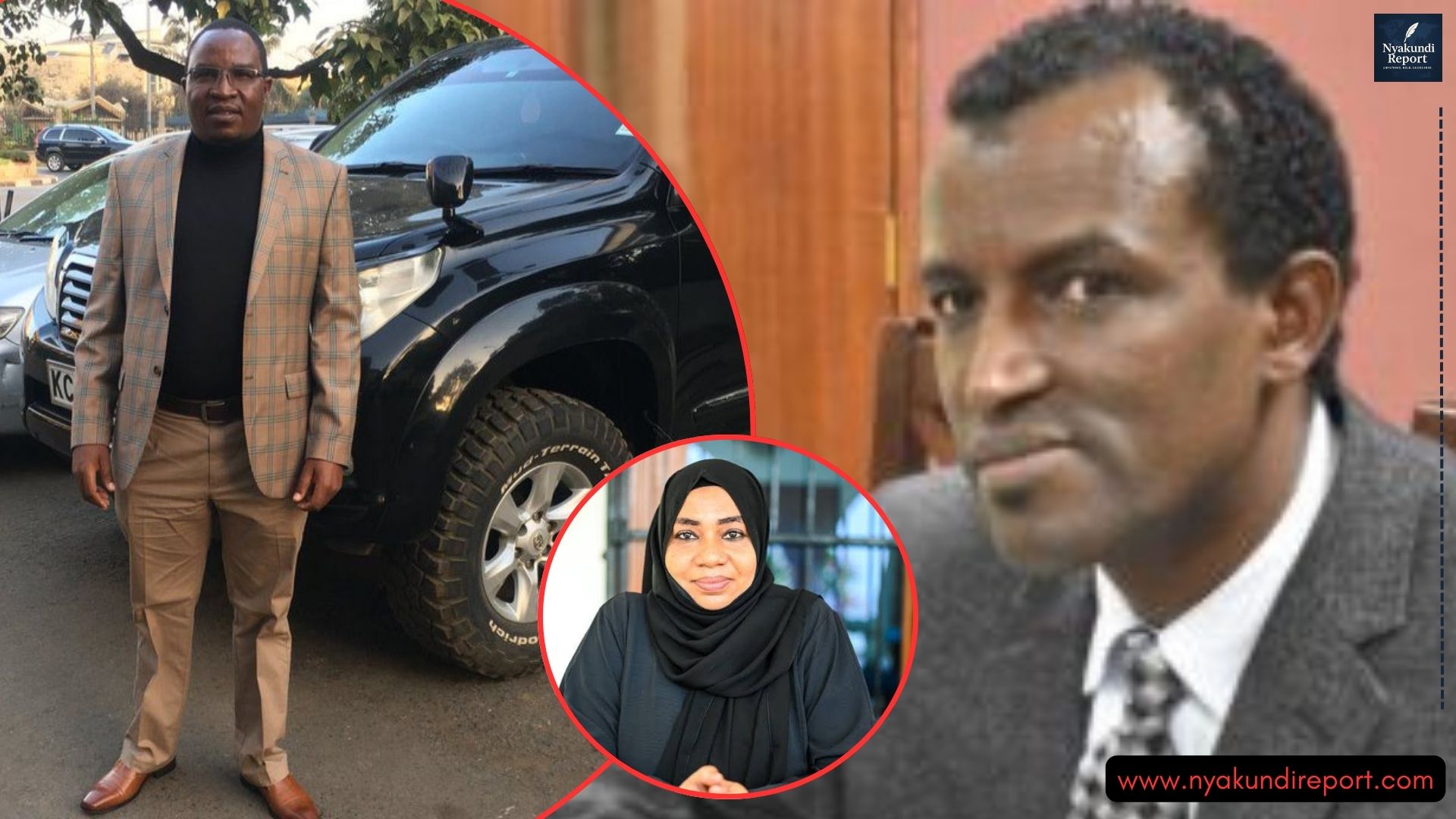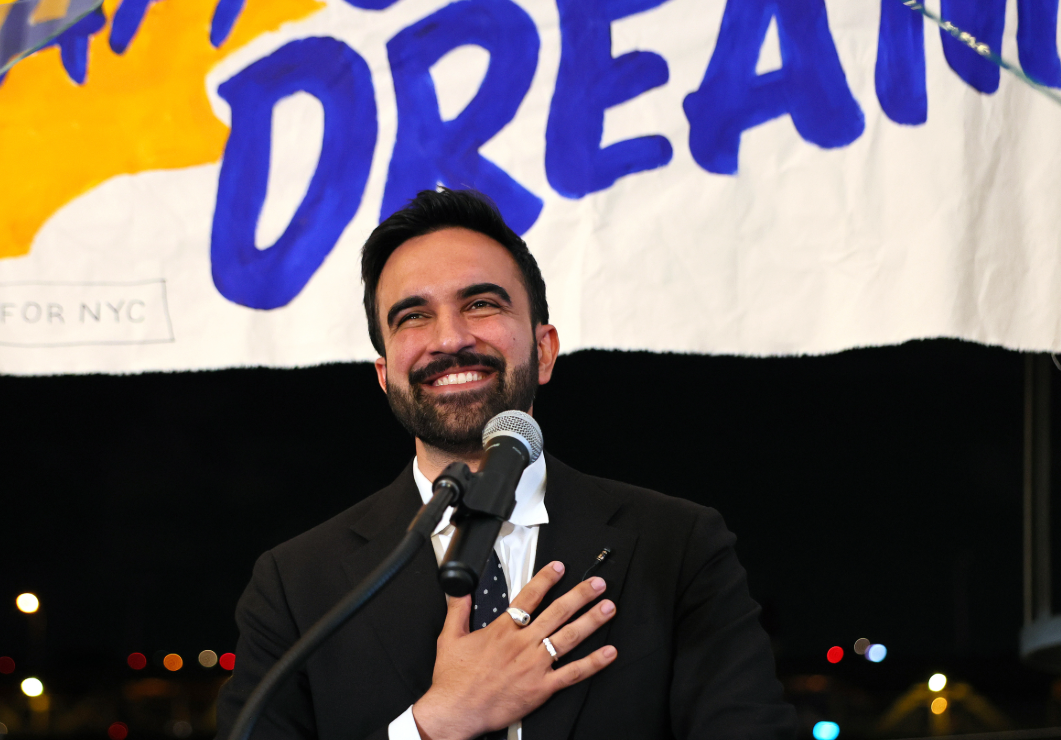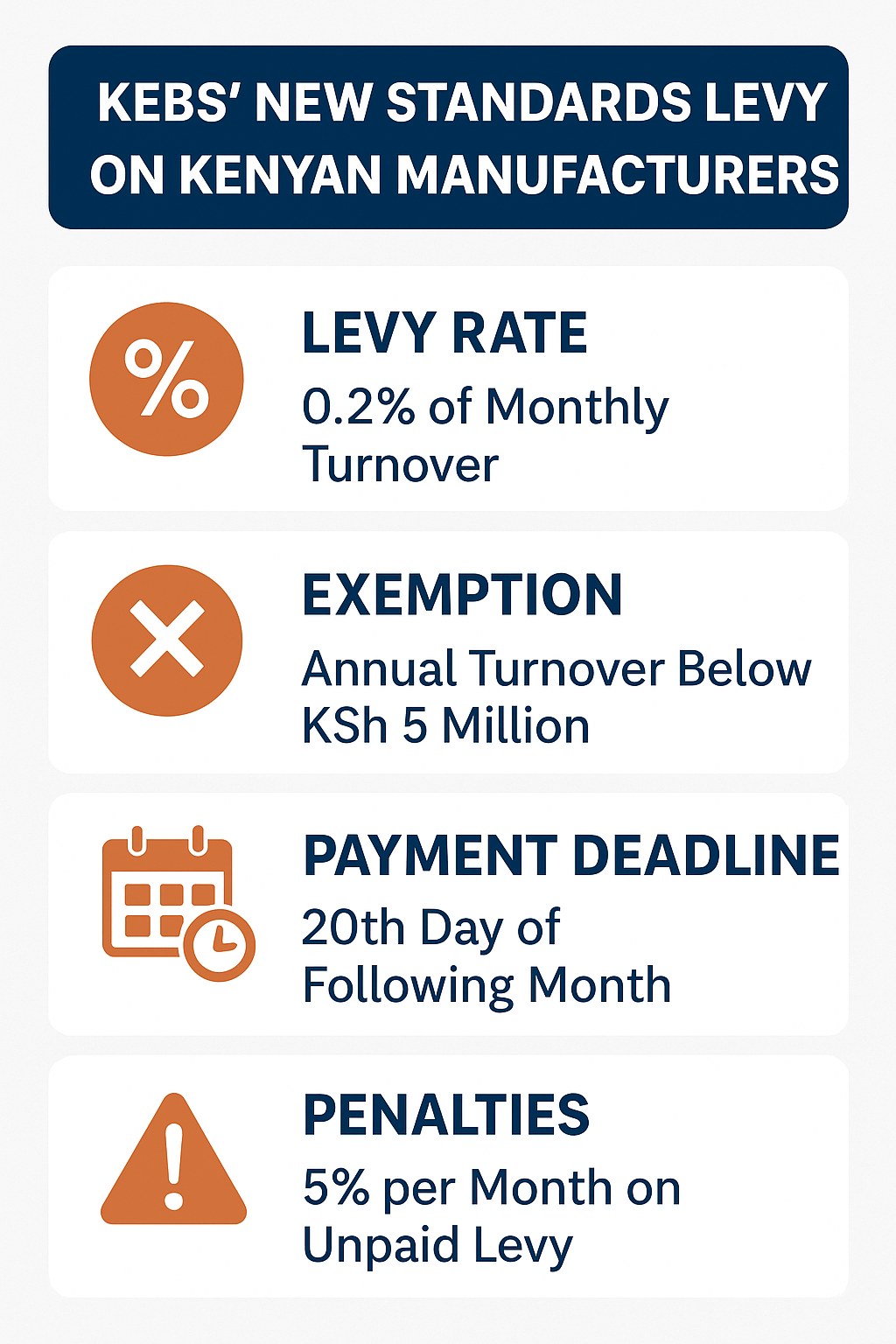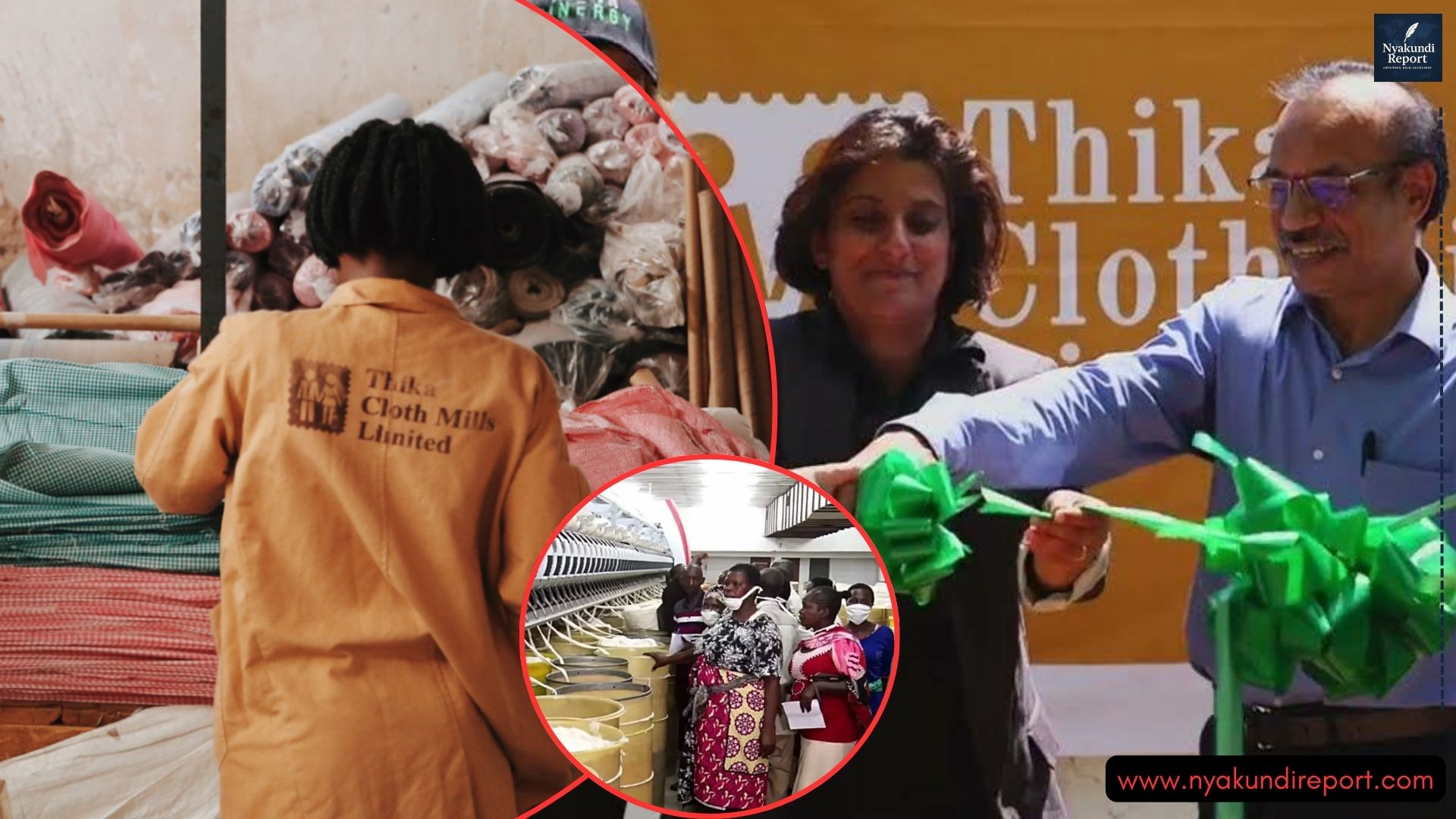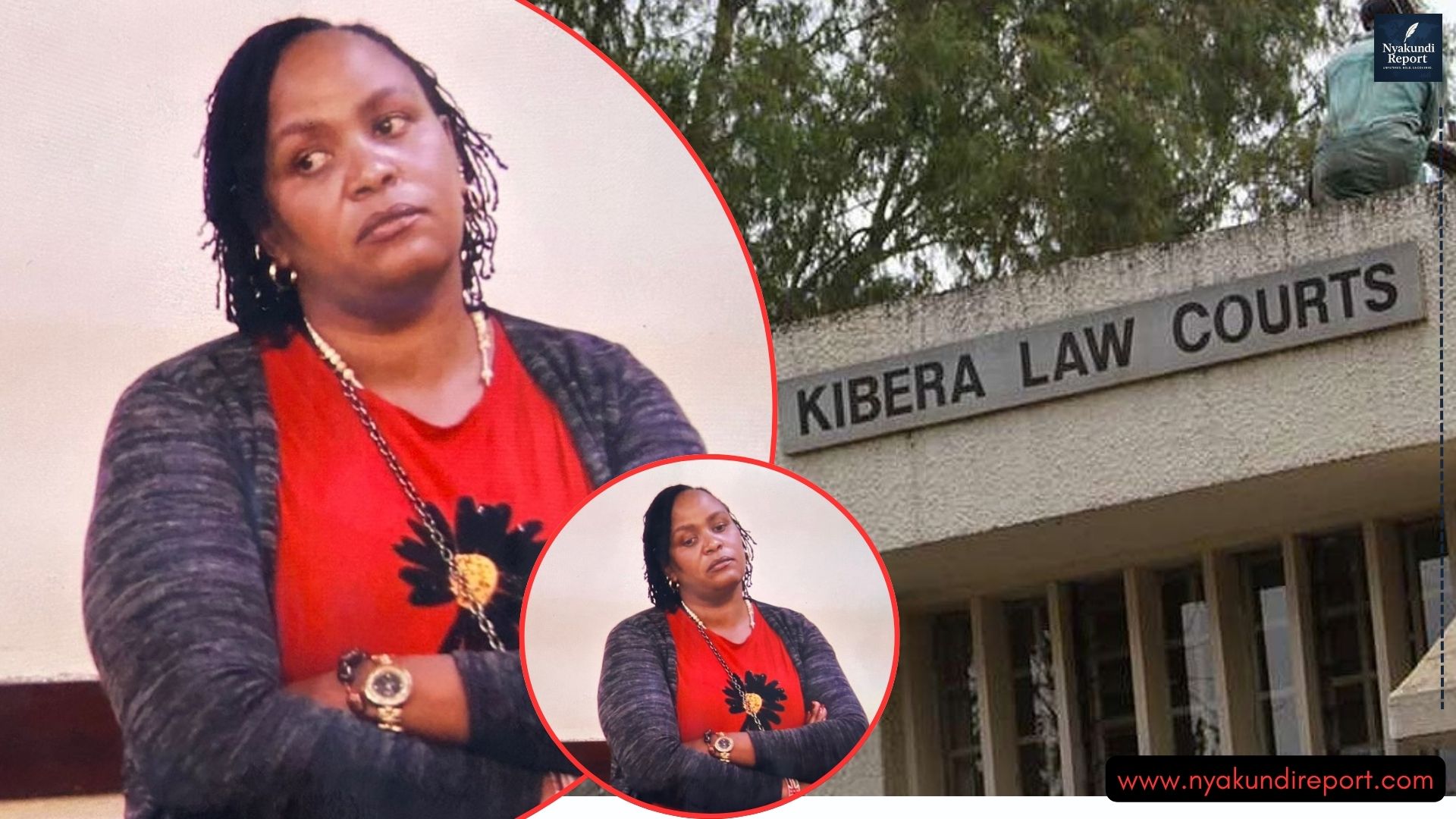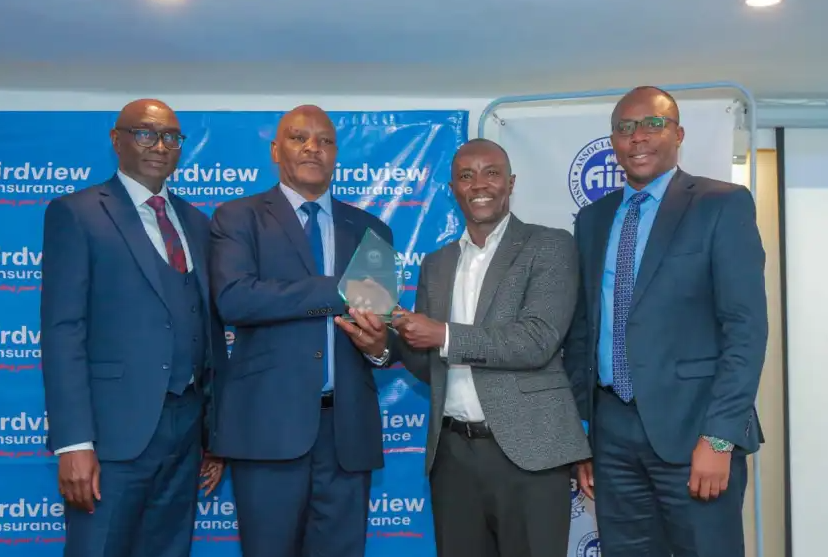The unfolding corruption storm in Kilifi County has placed Auditor-General officer Raphael Muigai Ikame at the heart of a deepening scandal. His name has surfaced in a series of allegations ranging from bribery and conflict of interest to audit manipulation.
Sources within the Office of the Auditor-General (OAG) and Kilifi County government suggest that Ikame’s controversial ties with former finance boss Yaye Shosi Ahmed have created one of the county’s worst ethical crises in years.

Kilifi Corruption Crisis Exposes Audit Office Rot
What began as quiet whispers of misconduct has now escalated into a full-blown scandal threatening the integrity of both Kilifi’s financial system and Kenya’s national audit office.
Raphael Muigai Ikame, a senior officer tasked with safeguarding public funds, is accused of doing the opposite—using his position to manipulate reports, clear fraudulent expenditures, and protect corrupt officials in exchange for bribes.
Critics say the scandal exposes a culture of impunity within the OAG, where compromised officers are shielded instead of punished. Governance experts warn that if proven true, the allegations could shatter public confidence in Kenya’s audit systems and the broader fight against corruption.
Ikame’s History of Bribery Allegations
In 2018, Ikame was interdicted after being accused of demanding a KSh 20 million bribe to alter audit findings in favor of a county government.
According to sources within the OAG, the scheme involved manipulating financial reports to hide irregular expenditures. The case was later settled out of court, but insiders claim it exposed how corruption had penetrated even the office meant to guard against it.
Despite the scandal, Ikame was reinstated—a move many viewed as an act of institutional arrogance. Civil society groups described it as “a betrayal of accountability and justice,” warning that it signaled tolerance for corruption within public offices.
Since returning, Ikame has been linked to questionable audits across several counties. Whistleblowers accuse him of heading a network of junior officers who extort money from county governments in exchange for favorable audit ratings—forming what they call a “shadow audit cartel.”
Conflict of Interest and Kilifi Connection
Ikame’s relationship with former Kilifi County CECM for Finance and Economic Planning, Yaye Shosi Ahmed, has drawn intense scrutiny.
Multiple county sources claim the two were romantically involved, raising serious questions about conflict of interest and compromised oversight. With Shosi in charge of Kilifi’s finances and Ikame overseeing audits, insiders allege the pair worked together to sanitize reports and shield questionable contracts.
The alleged arrangement reportedly allowed politically connected suppliers to benefit from manipulated audit trails, while legitimate fiscal red flags were buried or ignored.
Several senior county officers say this collusion created a “pay-to-play” system where tenders and payments depended on who was willing to pay for protection.
Additionally, Shosi has faced accusations of failing to enforce procurement regulations and blocking the rollout of digital systems meant to promote financial transparency.
Tender Scandal and Public Outcry
Sources say the final fallout came after a disputed procurement payment that Shosi allegedly refused to approve. The disagreement is believed to have triggered political pressure within the county and her sudden resignation.
Reports claim she left office having acquired millions of shillings, though her wealth remains under investigation.
The controversy has reignited public outrage in Kilifi, with residents and watchdog groups calling for full investigations into both officials. The Ethics and Anti-Corruption Commission (EACC) and the Office of the Auditor-General are under pressure to act decisively.
Activists argue that the scandal highlights systemic rot within Kenya’s devolved financial systems—where personal relationships, greed, and political protection override professional ethics.
If the allegations are confirmed, analysts warn that it will expose how deep corruption has eaten into the very institutions responsible for accountability.
A System in Crisis
The Kilifi corruption saga has become a mirror of Kenya’s wider governance crisis. It shows how unchecked power, weak oversight, and personal interests can destroy the integrity of public service.
Raphael Muigai Ikame’s case underscores the urgent need for reform within the Office of the Auditor-General. Without transparency and firm disciplinary measures, experts fear similar scandals will continue to flourish unchecked.
Until credible investigations are conducted and accountability enforced, the scandal will remain a painful reminder of how easily corruption can infect even the highest levels of financial oversight.
Kilifi’s corruption storm is not just about one officer — it is a reflection of a system struggling to cleanse itself of deep-seated rot.


